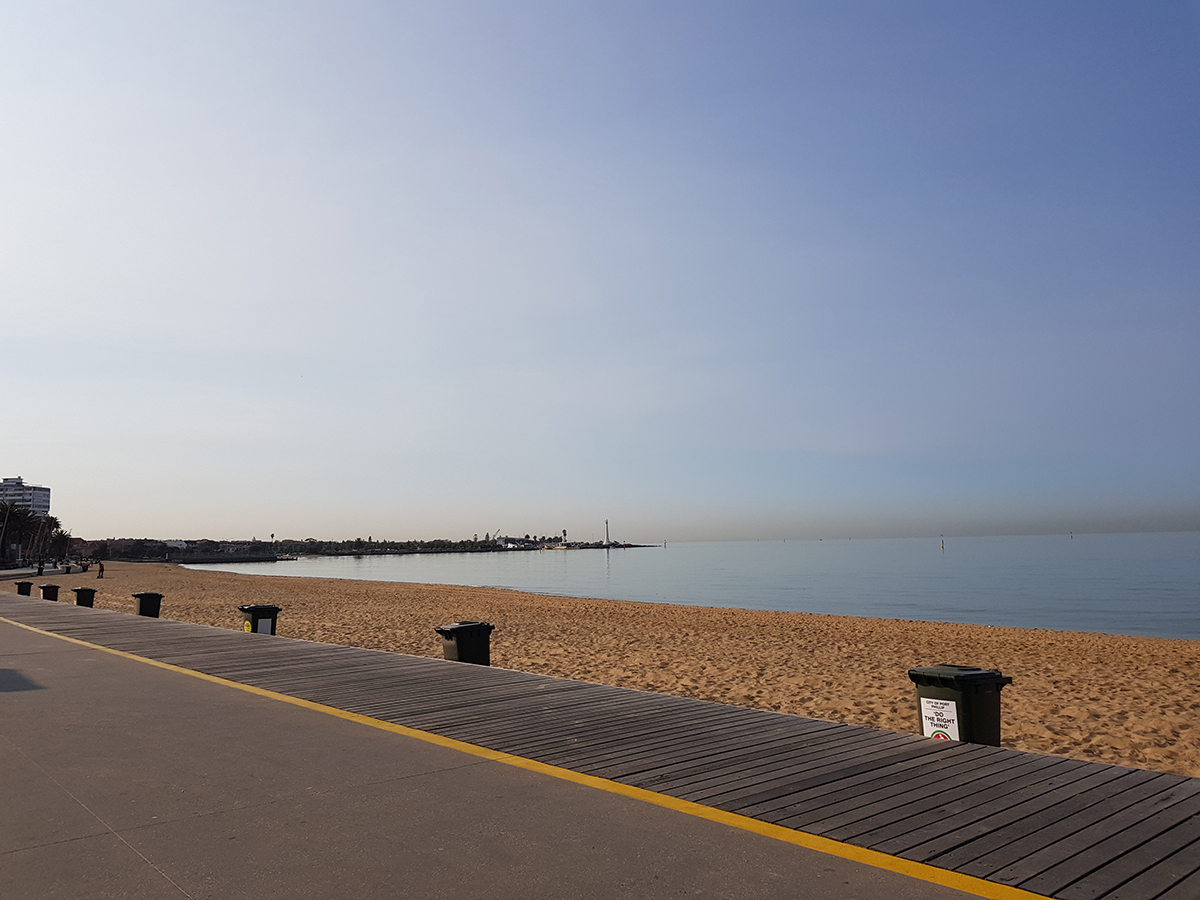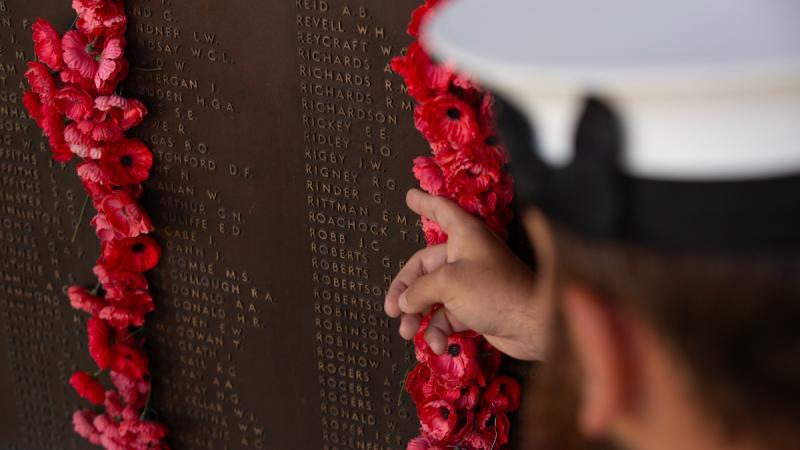By Associate Professor Kathleen Butler, a proud Bundjalung and Worimi woman and Head of the Wollotuka Institute of Indigenous Research and Education at the University of Newcastle.

In years gone by, NAIDOC has been celebrated in July, where we could anticipate a strong but chilly gathering of people of many backgrounds honouring Aboriginal and Torres Strait Islander cultures and resilience. 2020 has been a year of challenge and change where we’ve seen many events altered to new times and new formats, including NAIDOC. As we approach the new NAIDOC time, from the 8 – 15 November, it’s a good time to reflect on what this year’s celebrations might entail.
NAIDOC has always been an opportunity for recognition and remembrance. It is a time to acknowledge our Elders of the past and present and the struggles and strengths that they show us. But with acknowledgement comes the opportunity to translate their wisdom into our practice. That means reflecting deeply on the stories, dance and ceremony that we see as being more than entertainment.
A great example is the story of Tiddalik the Frog, which is a favoured story in primary school. In a number of Dreaming histories, Tiddalik became greedy and drank all the available fresh water. This denied water to the other animals and plants causing thirst and drought. The animals hatched a plan to have Tiddalik laugh thereby releasing the water for the good of all. In many adaptions of this history, this is reduced to a children’s fairytale, but its lessons can resonate more deeply with both our past and our present.
2020 has certainly shown that we live in a world that has people, corporations and nations that mimic the behaviour of Tiddalik, hoarding resources that should be shared by all. Whether it is wealth, water or in the Australian context, toilet paper, we’ve seen a disregard for the principle that underlies Aboriginal culture – respect and reciprocity. Tiddalik, told through a NAIDOC lens reminds us to appreciate one another and to give as well as receive.
NAIDOC is also an opportunity for us to value the land on which we live and to see ourselves, as the protectors of land and waterways rather than their owners. It provides us with the time to listen to Aboriginal and Torres Strait Islander voices on Caring for Country, whether through fire management techniques or holding accountable those who pollute and destroy land and waterways.
The best ways to understand the importance of land and water is to experience it. In these times of social distancing, consider accessing our local bush, beaches and waterways. While it is nice to admire their beauty, it’s more important to see that we all have an obligation to cherish and maintain that country from simple things like taking away our own litter, to planting native trees or supporting our local wildlife.
Take the time to know whose land you are on, explore the rich histories that are woven into that land. Watch documentaries, seek out stories told by Aboriginal and Torres Strait Islander people, and purchase goods from an Aboriginal and Torres Strait Islander business. Raise your awareness of local Indigenous organisations.
Above all, remember that the opportunity to learn isn’t just confined to one week of the year. In our connected world today, we have the means to be informed, so whether it’s Black Lives Matter or locally-based discrimination, you can be an advocate for the achievement of social justice.
The Chair of the Board of Aboriginal and Torres Strait Islander Education and Research at the University of Newcastle, Professor Bob Morgan, declares that he is a ‘Prisoner of Hope’. Through the efforts of Bob and many others, generations of Aboriginal and Torres Islander people have had the opportunity to achieve their dreams of pursuing a tertiary education at the University of Newcastle.
But our university is the embodiment of many hopes and dreams. The Great Hall at the University was built from bricks paid for by donations of the people of the Hunter, who wanted opportunities in our region. It is no accident that the University of Newcastle is regarded as a leader in Aboriginal and Torres Strait Islander education because it is imbued with a spirit that all people deserve to reach their full potential.
In recognition of our upcoming NAIDOC Week, the Wollotuka Institute invites everyone to reflect on the contribution of Aboriginal and Torres Strait Islander peoples to our region and our nation more broadly. The stories from our cultures speak to the best of what it means to be human and to live in harmony with one another and our precious land and resources.








